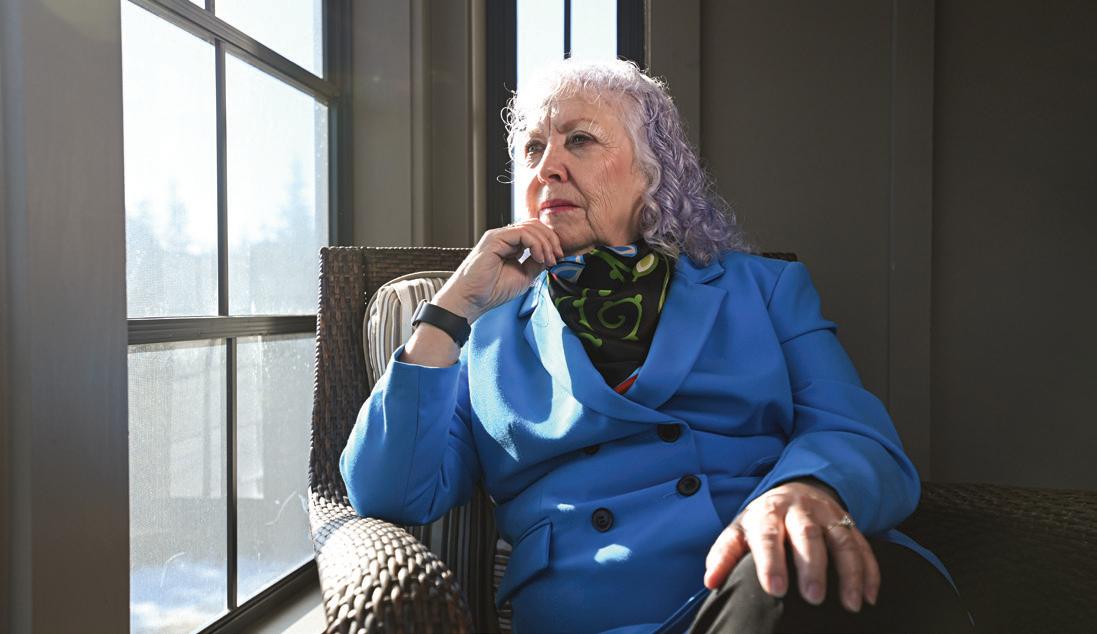
2 minute read
ANNUAL LAW ALUMNI REUNION WEEKEND
SEPTEMBER 22-24, 2023
Many of the women judges from other provinces of Afghanistan had moved to Kabul by this point, where they believed they were safe. Then on August 15, they learned that Kabul had fallen. It was the final action of the War in Afghanistan, marking a complete victory for the Taliban’s rule.
Advertisement
Afghan women judges who once sent Taliban members, ISIS members and drug lords to jail, were now being hunted by them.
From mid-August to September, while Allied forces controlled the Afghanistan airport, about 30 Afghan women judges were able to leave the country. “Many of them risked their lives to get through the crush at the airport and onto planes, but they had made it,” says Justice Lynch.
“After the Allied forces left, we feared we would not be able to help the remaining women judges find a way out,” she says. They eventually partnered with non-governmental organizations such as the Jewish Humanitarian Support Organization and the International Bar Association and were able to get another 100 judges out by air.

In the fall, however, the Taliban halted all flights from Afghanistan, leaving land travel as the only way out. Justice Lynch and her international colleagues committed to finding ways to get the remaining Afghan women judges out of the country.
Onward and forward
To date, she says that most of their 150 colleagues who left Afghanistan are safely settled in new countries – 36 of them in Canada – and 50 of them are in other countries, waiting to find new, permanent homes. Roughly 54 are still left in Afghanistan.
“It’s challenging because there are not a lot of pathways out of Afghanistan,” she says. “But we’re working to find the best solution for each of them. And we’ll continue this work until it’s done – until they’re all safe.”
What motivates her to help her Afghan colleagues? Justice Lynch shares, “You’re never wrong to do the right thing – that’s something I try to live by every day. By staying true to your values and doing what needs to be done to help others we can all make the world a kinder, fairer place.”
I O N B U I L D I N G 6 1 3 6 U N I V E R S I T Y A V E N U E H A L I F A X , N S
F o r a l i s t o f c l a s s o r g a n i z e r s a n d t o r e g i s t e r p l e a s e v i s i t d a l . c a / l a w / r e u n i o n s
F o r m o r e i n f o r m a t i o n c o n t a c t T a m m i H a y n e l a w a l u m @ d a l c a | 9 0 2 4 9 4 5










